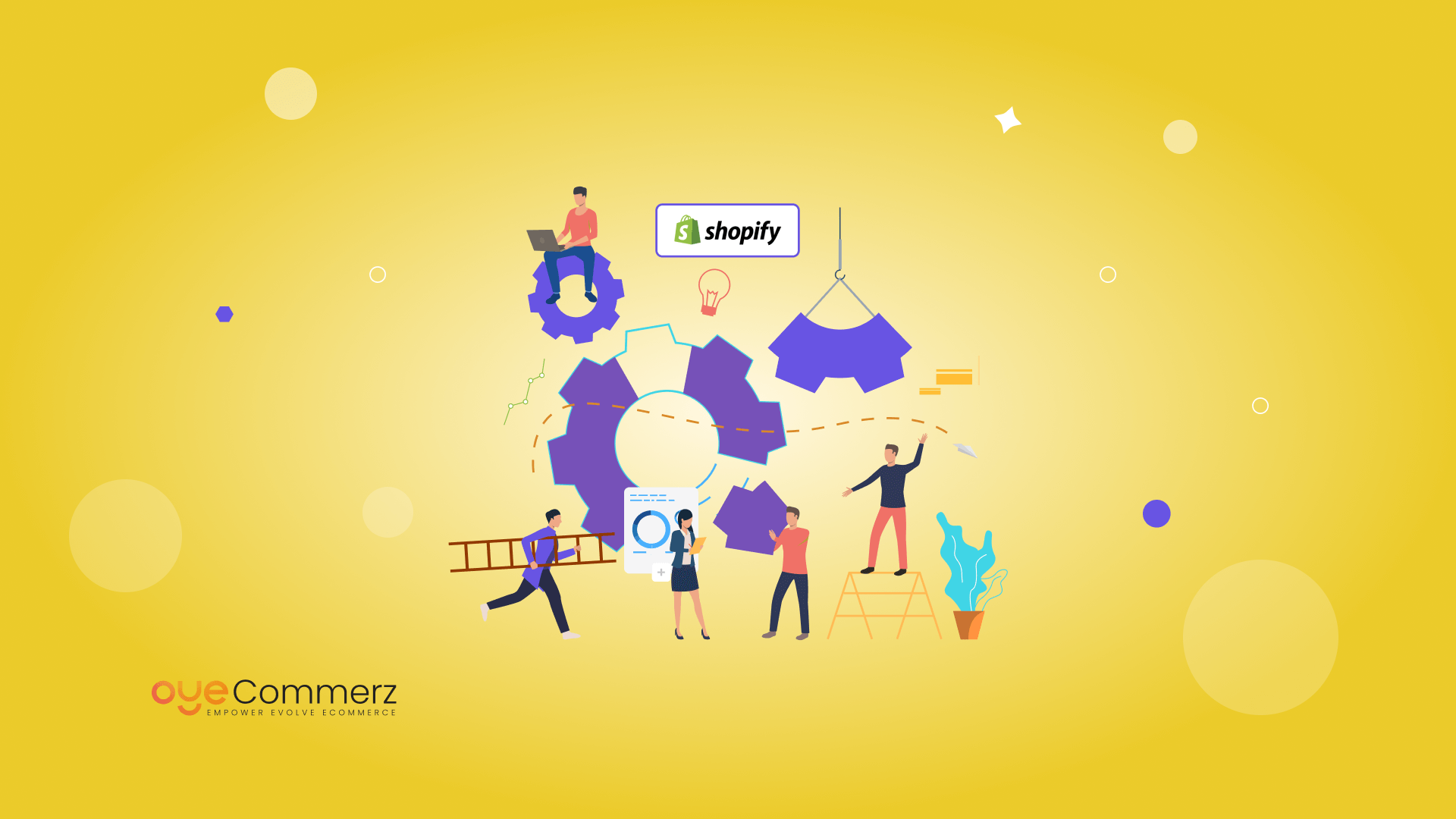Overview
In the current competitive e-commerce landscape, standing out is paramount, and a top method to differentiate a Shopify store is through custom app development. A robust Shopify app can enhance store functionality, streamline operations, and elevate customer interaction. This article explores key aspects of Shopify app development, covering API integration and app ecosystem to growth techniques and digital marketing approaches, providing a roadmap for companies seeking superior store efficiency.
Why Shopify API Integration Matters
Shopify’s API provides powerful tools to customize and extend store capabilities. With GraphQL and REST APIs, developers can access data to build applications that manage inventory control, order handling, and customer data management seamlessly. Using Shopify’s API can lead to better workflow automation and enables stores to assist shoppers more effectively.
Utilizing the Polaris Design System
Shopify’s Polaris is Shopify's set of design guidelines for creating user-friendly and accessible Shopify apps. By following Polaris principles, developers ensure that apps integrate smoothly within the Shopify Admin experience. This ensures a cohesive appearance that appeals to Shopify merchants, promoting ease of use and familiarity for merchants utilizing your tailored app.
Navigating the Shopify App Ecosystem
The Shopify app ecosystem offers endless possibilities for improving online stores. From managing fulfillment processes to increasing customer engagement, apps in this environment are tailored to meet various business needs. Familiarizing with this ecosystem assists developers in finding unique app opportunities and enables seamless integration of third-party services that enhance the store.
Building Embedded Shopify Apps
Embedded apps work seamlessly within the Shopify Admin, allowing a seamless experience for merchants. They ensure that merchants don’t have to navigate away from their Shopify control panel, simplifying their process. Employing Shopify App Bridge and embedded app capabilities is recommended for offering a unified, well-integrated user environment.
Leveraging Node.js and React for Shopify Development
Node.js and React have become top options for Shopify app development. This server-side framework enables high-performance server-side applications, while React allows for dynamic, responsive front-end user interfaces. Together, they provide an excellent framework for building fast, scalable Shopify apps that enhance store performance and customer interaction.
Webhooks in Shopify Apps
Webhooks enable instant data updates between Shopify and an outside application. They trigger events such as new orders or stock Shopify app framework changes and send instant notifications to your app. By utilizing webhooks, apps can provide up-to-date insights for store owners, streamlining workflows and boosting efficiency.
Engaging Customers Through Digital Marketing for Shopify Apps
To ensure Shopify app success, engaging customers is key. Using digital marketing strategies like SEO, email marketing, and social Using Polaris for better Shopify apps outreach can increase app usage. Additionally, creating applications with customer engagement in mind (e.g., loyalty programs or personalized suggestions) boosts user retention and satisfaction.
Scaling Your Shopify App
As e-commerce stores expand, so do their technological needs. Making sure that your app can scale to handle increased traffic, larger data sets, and more complex functionalities is critical. By improving server resources and using scalable technologies, you can create apps that expand in tandem with a store’s growth.
Essential Features and Maintenance for Shopify Apps
For an app to be effective, it should offer essential features like user authentication, dashboard analytics, and support channels. Ongoing app upkeep, including updates to fix bugs and ensuring compatibility with new Shopify functionalities, is important to maintain uninterrupted performance and prevent disruptions to business processes.
Summary
Custom Shopify app development offers immense opportunities for e-commerce businesses, providing the ability to improve store functionality, streamline processes, and foster customer loyalty. From integrating APIs to ensuring scalability and customer engagement, creating a Shopify app involves thoughtful preparation and well-planned actions. If you’re prepared to elevate your e-commerce experience, a tailored Shopify application could be the ideal solution. What capabilities do you envision for your ideal app? Share your ideas and take the first step toward an optimized e-commerce experience!
